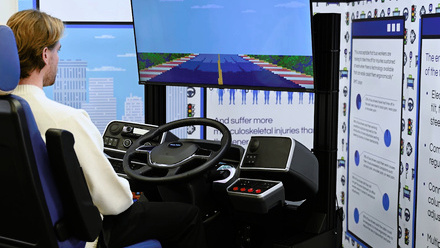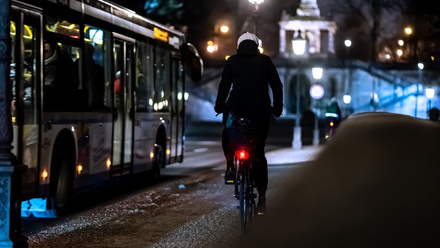Choosing the right road
Decisions about transport policy could be influenced by unconscious bias because we’re unable to think objectively about cars, a new study claims. Researchers coined the term ‘motonormativity’ to described the “shared, largely unconscious assumptions about how travel is, and must continue to be, primarily a car-based activity”.
They argue that this means people make different ethical and moral judgements about driving than they would about other contexts. And they claim this “double standard” is contributing to the challenge of finding different ways to get around. The authors point to the acceptance of drivers breaking laws, such as speeding, compared to other crimes like littering and graffiti which are more disapproved of by society.
And the study, published in the International Journal of Environment and Health, urges policy makers and health professionals to “recognise and address” this bias in order to find more effective transport solutions.
It said: “Our specific call to government and medical professionals is to begin (a) auditing all decisions from the viewpoint of a person who does not drive and (b) incorporating the harms from motoring – particularly physical inactivity and pollution – into day-to-day practice.”
Read the full paper





